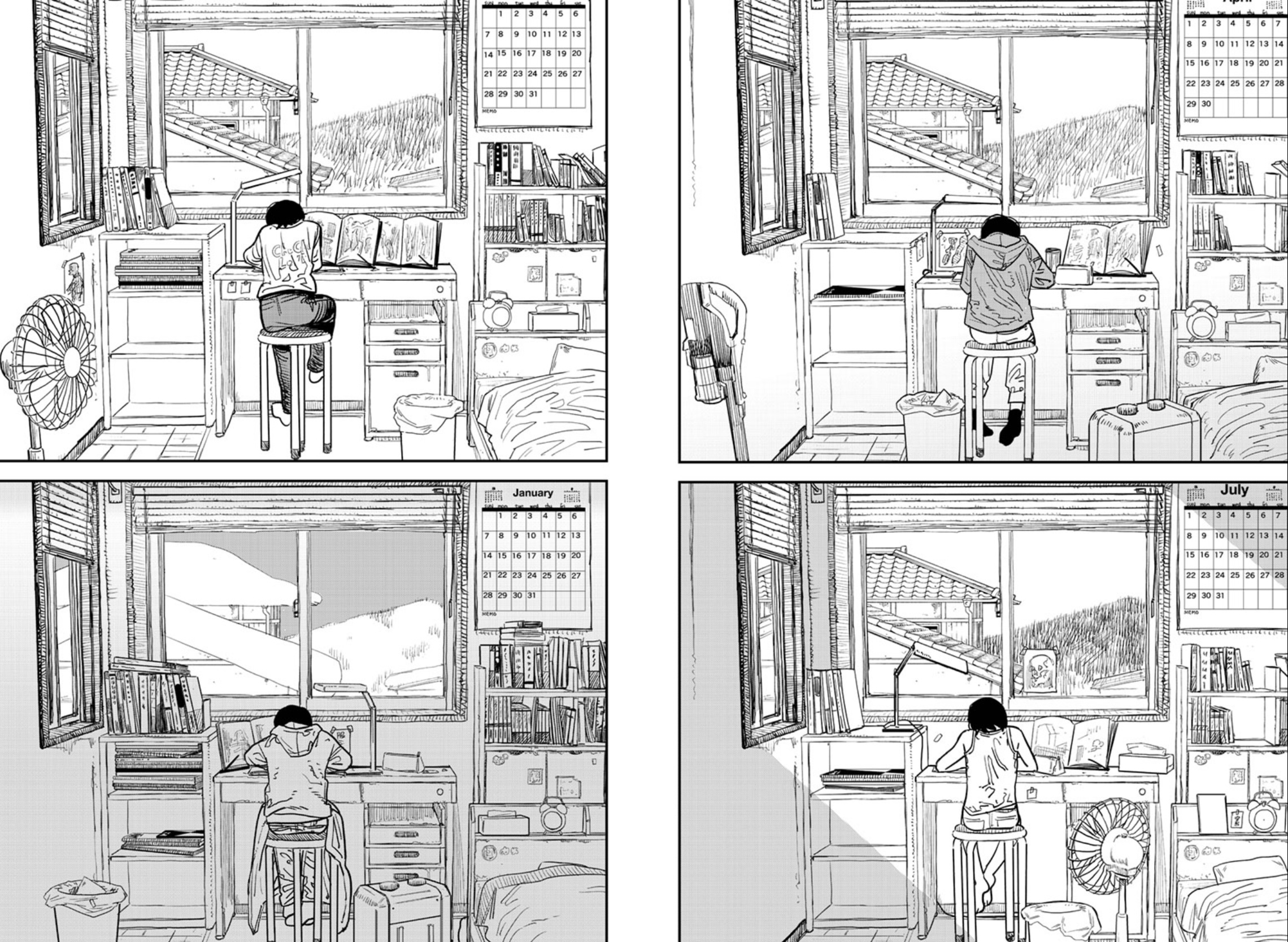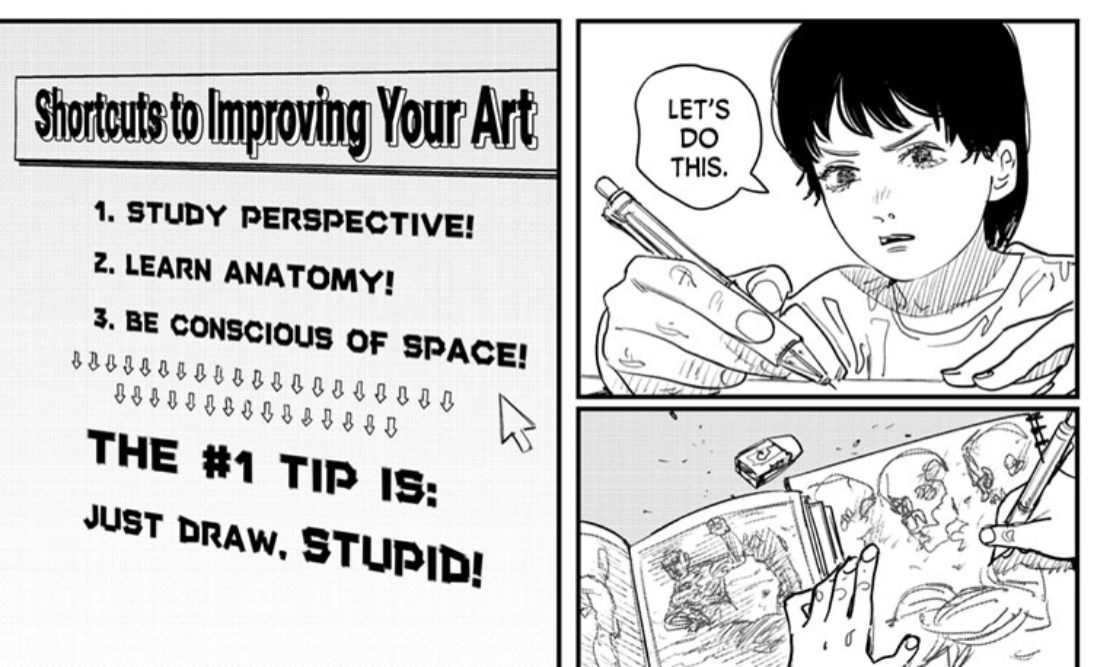Apple’s Next Event
- Notes
Apple’s next big fall event will take place on Tuesday, September 14th at 1PM ET, the company announced. The event, which carries the tagline “California streaming,” will be another virtual event broadcast from Apple Park.
[…]
New 14-inch and 16-inch MacBook Pros equipped with the company’s custom-designed chips and an SD card slot are also rumored to be on the way.
The one device I’ve been craving for the past year or so has been a new 16-inch MacBook Pro. I’ve outgrown my 11-inch iPad Pro from 2018, a device I thought would be my primary device for years to come. I’ve edited and managed all the photos I’ve posted to this blog on it and written every entry on it, but I’ve run Hugo and written the code for this site on my Mac mini that’s sitting on my desk at home. I want something powerful and portable to do all my work on, including things I only dabble on at the moment, like filmmaking and web design, and a new MacBook Pro would do it.
If Apple announces this device, then you best believe they’re getting all my money, and I can’t wait to give it to them.


